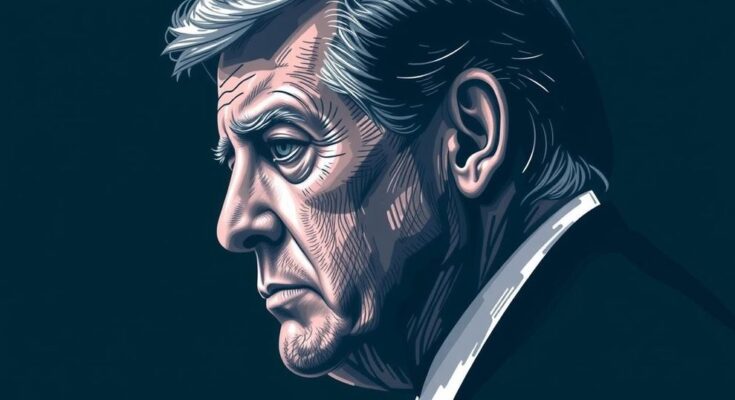A federal judge has delayed the trial of William Pope, a defendant in the January 6 Capitol riot, citing the possibility that Donald Trump might pardon him after taking office. The decision aims to conserve judicial resources given the significant burden of jury selection. Other judges have largely rejected similar requests from defendants amid ongoing legal proceedings since Trump’s election. The situation illustrates the tension between justice and political developments surrounding the Capitol riot.
In a notable ruling, a federal judge has postponed the trial for William Pope, a defendant linked to the January 6 Capitol riot. The decision came as Judge Rudolph Contreras acknowledged a “real possibility” that former President Donald Trump might grant him a pardon once he takes office. Originally scheduled for early next month, the trial’s delay was deemed necessary to avoid burdening the court and public, should a pardon be issued after proceedings began. Contreras emphasized the weight of a jury trial compared to sentencing hearings, which have been upheld recently. Pope’s request to delay stemmed from concerns about his chances for a fair trial in a predominantly Democratic jurisdiction and the potential for a presidential reprieve. Parties involved have tentatively planned to reconvene in mid-December to select a new trial date. Despite numerous attempts from January 6 defendants to cite Trump’s re-election as a reason for postponement, many judges continue to reject these requests, considering the necessity to uphold judicial processes regardless of political context. Another judge, Paul Friedman, firmly dismissed any links between impending sentences and potential presidential actions, reiterating the court’s constitutional obligations. Judge Contreras’s decision is set against the broader backdrop of January 6 defendants grappling with their legal repercussions in a nation divided over the riot’s implications. The possibility of Trump’s pardons has cast a shadow over their trials, igniting debates within the legal community about the independence of judicial proceedings. With the political landscape shifting once more, this court case becomes emblematic of larger societal tensions, reflecting both the complexity and tumult of navigating justice amid political uncertainty. “Whatever the President-elect may or may not do with respect to some of those convicted for their conduct at the Capitol on January 6, 2021, is irrelevant to the Court’s independent obligations and legal responsibilities under Article III of the Constitution.” – Judge Paul Friedman This delay illustrates the ever-changing dynamics between political power and the legal system. The court’s deliberation hints at an acknowledgment of the uncertainties surrounding Trump’s future actions. As the nation watches closely, the interplay of justice and politics continues to unfold, capturing the imagination and concern of the public.
The January 6 Capitol riot represents a significant turning point in U.S. political history, highlighting deep divisions across political lines. Following this unprecedented attack on the Capitol, numerous participants faced legal repercussions, including a wave of misdemeanor and felony charges. With the 2024 presidential elections approaching, the potential for pardons from an incoming president looms over pending trials. The legal consequences for January 6 participants remain intertwined with evolving political narratives and the possibility of executive clemency, complicating the challenges courts face in ensuring impartial justice.
The postponement of William Pope’s trial underscores the complicated intersection of law and political influence, particularly in the wake of Trump’s anticipated presidential pardons. While many judges continue to push forward with proceedings, the specter of pardons casts a long shadow over cases tied to the January 6 events. As courts navigate these politically charged atmospheres, the independence of the judiciary remains a critical focal point, drawing national attention and scrutiny to the ongoing trials against the backdrop of a nation grappling with its recent past.
Original Source: www.cnn.com



